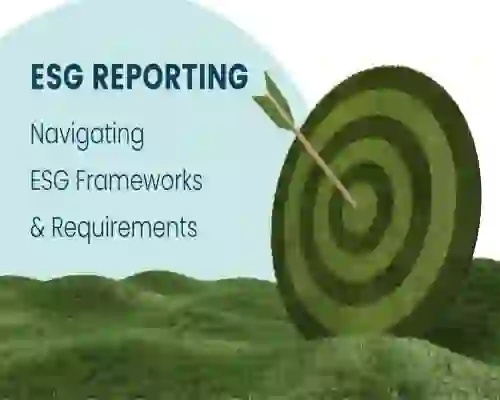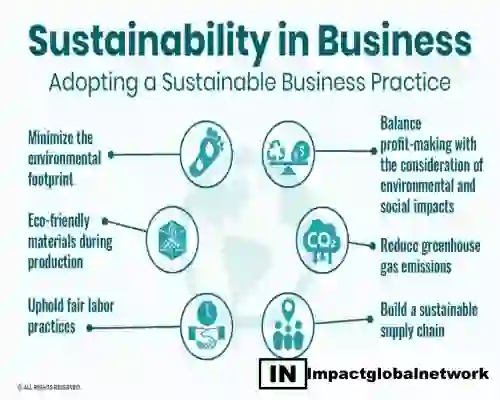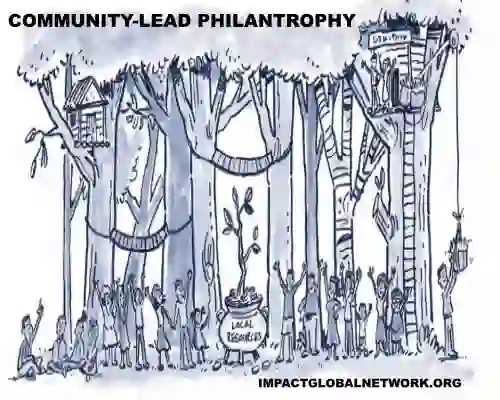[lwptoc]
The Essential Shift, That Goes Beyond the Immediate Relief
Justice and Equity have gone from just being a saying, to representing a foundational change the African Humanitarian sector urgently needs. The story of giving in African has been rooted in the system of charity – which are well intended but mostly a surface method of addressing fundamental issues. While they are great need for immediate relief, but now is the time that immediate shift from just addressing the immediate needs to fixing some of the deep-seated issues. This article is intended to explore how a re-evaluated philanthropic structure can be a tool to driving equity and justice thus driving sustainable development across the continent of Africa
Re-imagining the Philanthropic Model and Why Justice is of Essence.

The normal traditional approach, which focuses mainly on the symptoms rather than the systematic problems are often influenced by external forces. While the immediate relief – ad-hoc educational support, Food aid and short term medical missions are important, Food aid – see decolonizing philanthropy: shifting power to local communities, they mostly do not address the systematic inequalities that forms the base for perpetuating poverty, injustice and underdevelopment. The problems associated with African Charity is on changing its focus and understand that real impact comes from dismantling system that perpetuate inequalities. This approach requires a deliberate commitment to fostering justice: including economic, and environmental justice and a push toward equity at all level.
Incorporating Historical Situations and Power Nuances for Justice.
A deeper understanding of historical situations and power nuances, has become imperative with the change towards justice-influenced charity. The challenges facing African countries, can historically traced back to – economics that are exploitative I nature, colonial legacies and weak governmental structures. A justice lead philanthropy will first acknowledge this wrongs and seek to redress them, empowering communities on the fringes and a deliberately advocating for fair and inclusive policies. This is not all about handouts but a deliberately investing in the capacity of the African people the fight their fight.
Equity as a Ready-Made Solution to Disparity
Equity must be made a focal point for the new shift in philanthropy. Equity recognizes the peculiar needs of different communities especially when those needs are historically not been attended to. Equitable charity emphasizes the need to strategically chinned resources to addressing disparities, ensuring that excluded communities are prioritized. This system also empowers the grassroots associations advancing land use, providing funding for legal aids to support vulnerable populations and investing in educational initiatives that liberates the marginalized youth. The whole intention is creating a neutral ground for anyone to experience true justice.
Decentralized Philanthropy can lead the Way for Justice and Equity.

Justice and equity can be achieved by a decentralized philanthropy in Africa with Africa leading the way. This approach positions them to developing local based solutions because of an intimate understanding of local contexts and challenges. When civil society and community based organizations are empowered with – funding, advocacy and capacity building, philanthropy in Africa can lead to the empowerment of communities, who will then demand for justices and also have the capacity to hold institutions accountable. This entail the ability to support institution that strengthen the processes of democracy, challenge some discriminatory practices and promotes human right. The main goal is to build a community resilient enough to drive its own development, as against perpetual aids recipients. This approach guarantees justice.
Impact, Going Beyond Output to Systematic Change.
The shift from charity to justice is not without its intricacies. It requires a deliberate decision of following through, long-term vision, patience and the willingness to face the challenges. It also include how to measure success – not just by a simple output metrics, but accessing real and genuine systemic change and the advancement of justice. Embracing equity and justice as the underlying principle for success, philanthropy in African can be a moving force for good, just, prosperous, and equitable and a sustainable continent









